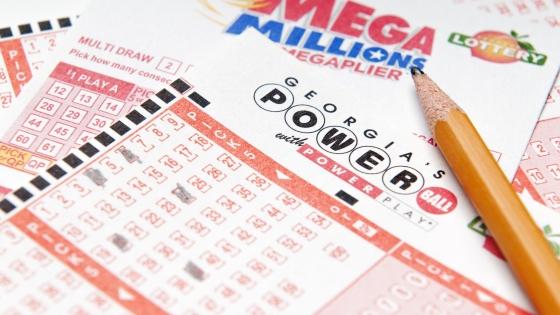Lotteries have long captured the imagination of people worldwide, offering the tantalizing prospect of turning a modest investment into a life-changing windfall. The allure of winning big often leads enthusiasts to seek ways to tilt the odds in their favor. With the advent of technology and the proliferation of online prediksi togel singapore platforms, various methods and techniques have emerged, all claiming to predict lottery outcomes. However, do these approaches hold any scientific merit, or are they merely a gamble in themselves?
Understanding the Lottery System
Lotteries are essentially games of chance, with random draws determining the winning numbers. This randomness, governed by complex algorithms and mechanisms, ostensibly makes predicting outcomes impossible. Yet, human nature’s penchant for seeking patterns in randomness has given rise to numerous prediction methods, ranging from statistical analyses to algorithm-based software.
Statistical Analysis and Historical Data
One of the most common techniques involves studying historical data. Proponents of this approach analyze past winning numbers, looking for patterns, frequencies, and trends. Some believe that certain numbers appear more frequently than others, while others look for sequences or number combinations that seem to recur.
However, the belief that past draws have any influence on future outcomes is a fallacy. Each draw in a lottery is an independent event, unaffected by previous results. The idea that specific numbers are “due” to appear or that avoiding certain numbers increases chances is a cognitive bias known as the gambler’s fallacy. Despite this, many still put their faith in historical data analysis as a guiding factor in their number selection process.
Algorithms and Predictive Software
Advancements in technology have led to the development of sophisticated algorithms and predictive software claiming to forecast lottery results. These programs often tout complex mathematical models, machine learning, or artificial intelligence to predict winning numbers.
However, the randomness inherent in lottery draws remains an insurmountable obstacle for accurate prediction. While these algorithms might analyze vast amounts of data and identify certain number patterns, the very nature of randomness undermines their predictive abilities. The algorithms may generate number combinations based on probabilities, but their accuracy remains no better than random chance.
The Human Factor: Psychology and Belief
Beyond statistics and algorithms, human psychology plays a pivotal role in lottery prediction. Belief in a method, even if it lacks scientific basis, can influence behavior and decisions. People find comfort in strategies, lucky numbers, or rituals that provide a sense of control in a game predominantly governed by chance.
Conclusion: The Reality of Lottery Prediction
While various techniques claim to predict lottery outcomes, the scientific foundation behind them remains shaky at best. The inherent randomness of lottery draws defies precise prediction, rendering most, if not all, strategies ineffective in significantly increasing the odds of winning.
